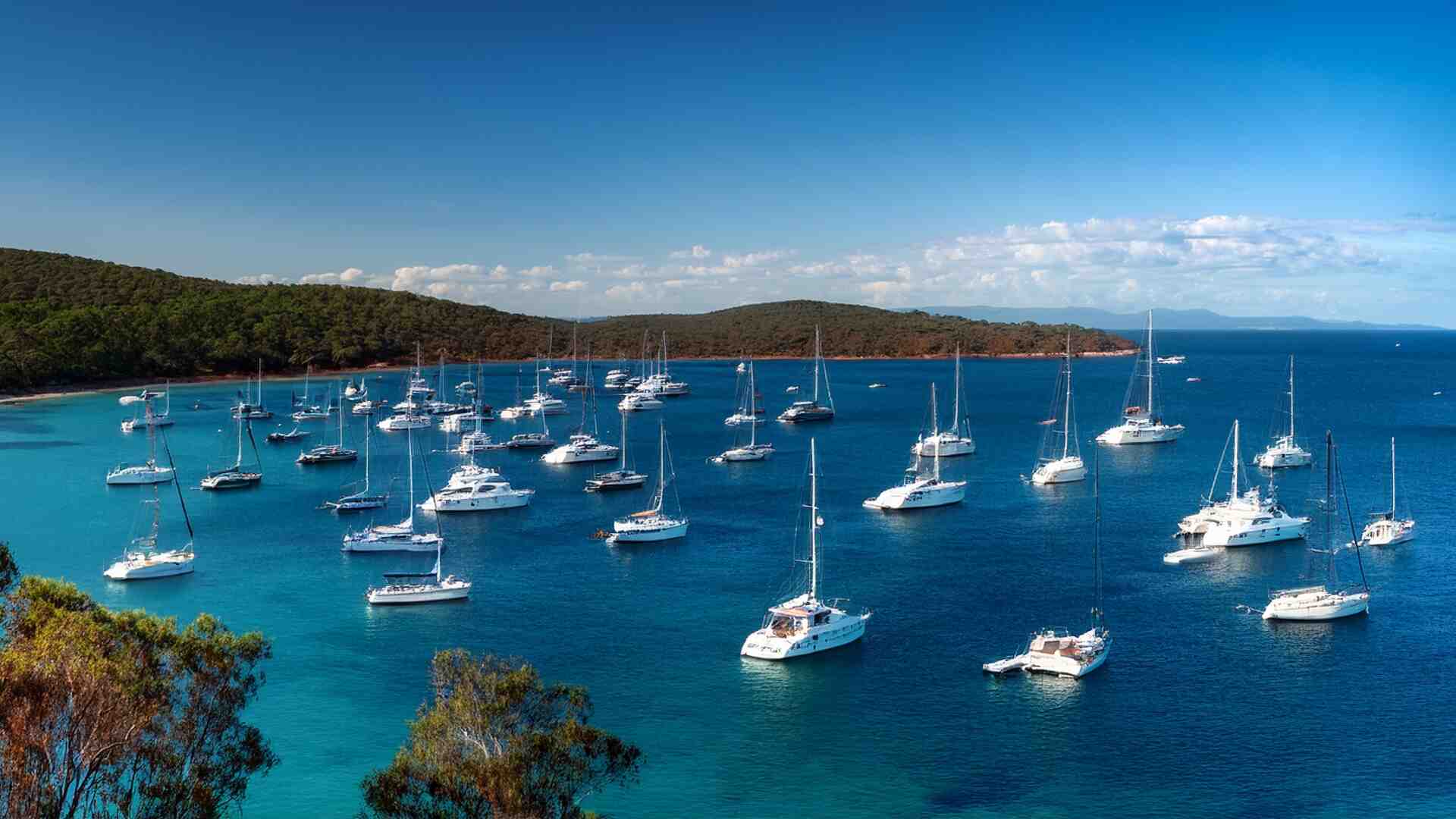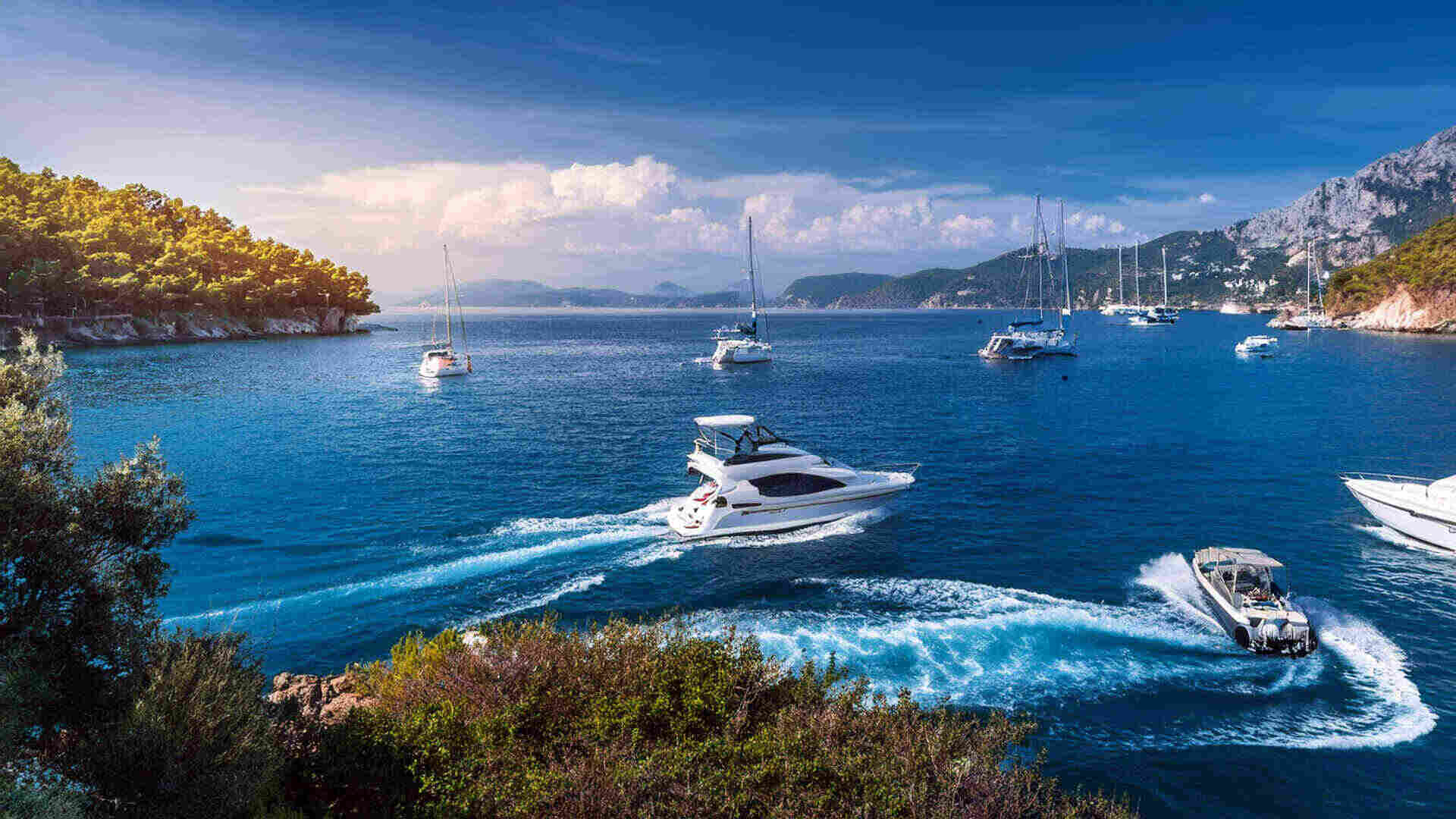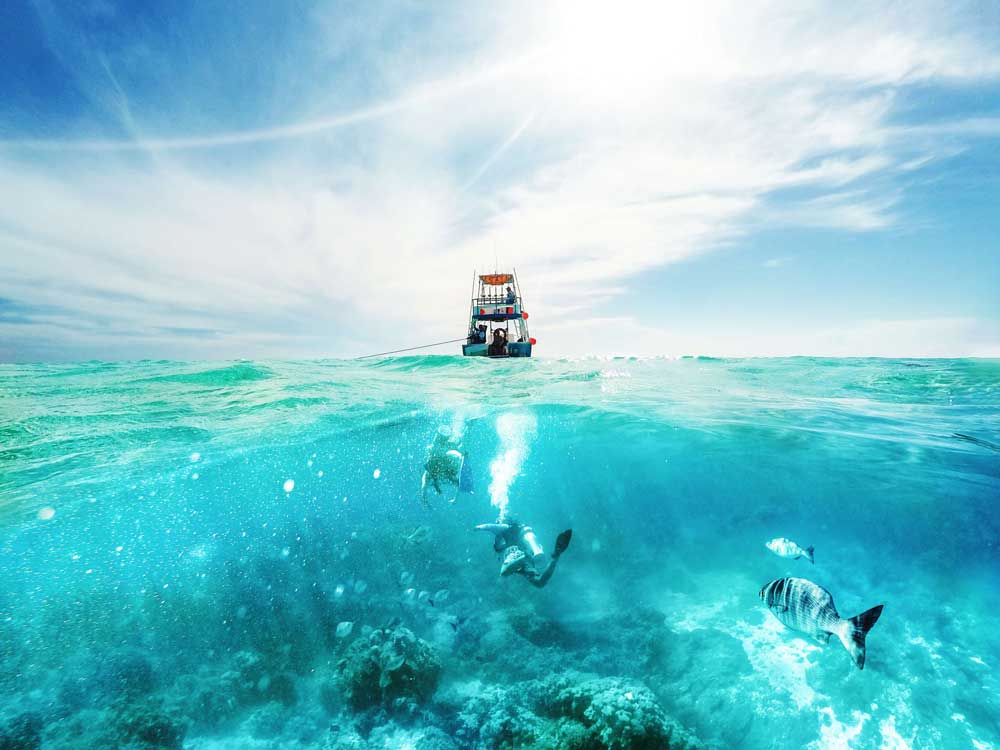Boat Insurance Terms
Author: New Wave Marine | Date: 30/08/2024 | 5 min Read
This article offers a comprehensive guide to understanding boat insurance terms for Australian boat owners. It simplifies common terminologies to ensure you understand your policy better and make informed decisions about your coverage.
Basic Coverage Types
Understanding the fundamental types of coverage is crucial for any boat owner. You'll frequently encounter terms like hull insurance, which focuses on protecting the physical aspects of your boat, including the motor and attached equipment. In contrast, liability coverage protects you from legal and compensatory responsibilities in the event of damage or injury involving your vessel.
Personal property coverage is another essential term to be familiar with. This insurance covers the personal items you carry on board, such as fishing gear or personal electronics. Knowing the limited value of covered items will help you determine if you need additional coverage to protect your valuable possessions.
Comprehensive coverage combines multiple aspects of the basic coverages like fire, theft, and vandalism, offering broader protection for your boat. Understanding these fundamental coverages allows you to customize or upgrade your policy easily, ensuring peace of mind while enjoying the waters.
Understanding Policy Limits
Each insurance policy has a specified limit, which is the maximum amount your insurer will pay in the event of a claim. Learning about your policy limit helps you gauge if your current coverage meets your needs. You’ll want to ensure the value adequately covers potential losses, particularly for high-value boats.
Agreed value and actual cash value are terms that determine the compensation amount in case of total loss. Agreed value policies pay the predetermined value of your insured boat, while actual cash value policies consider depreciation and pay the market value at the time of the claim. Understanding these distinctions can prevent financial surprises and aid in selecting the right policy for you.
Deductibles also play a crucial role in insurance policies. A deductible is an amount you agree to pay out-of-pocket before the insurance kicks in. Higher deductibles usually result in lower premium costs. Knowing how deductibles affect overall costs can help in tailoring a policy to fit your financial strategy.
Additional Policy Features
Many insurers offer optional add-ons. One of the additional features you might consider is emergency towing and assistance, which provides help should your boat become disabled on the water. This coverage ensures immediate support without the stress of unexpected towing costs.
Some insurers also offer navigation area limitations in their policies. This limitation specifies the geographic range where your boat is covered. Understanding where and when your insurance plan applies is vital, especially if you plan on exploring waters beyond your usual routes.
Learn More
Explore Blog categories
Want to receive the latest news and boating advice?
We offer a convenient newsletter subscription service that delivers the latest updates to your inbox. To sign up, visit our website and enter your email address in the subscription box. It's quick, easy, and free, and you'll be the first to know about any new products or services we offer
Thanks for signing up!


.jpeg)
 (1).jpg)



